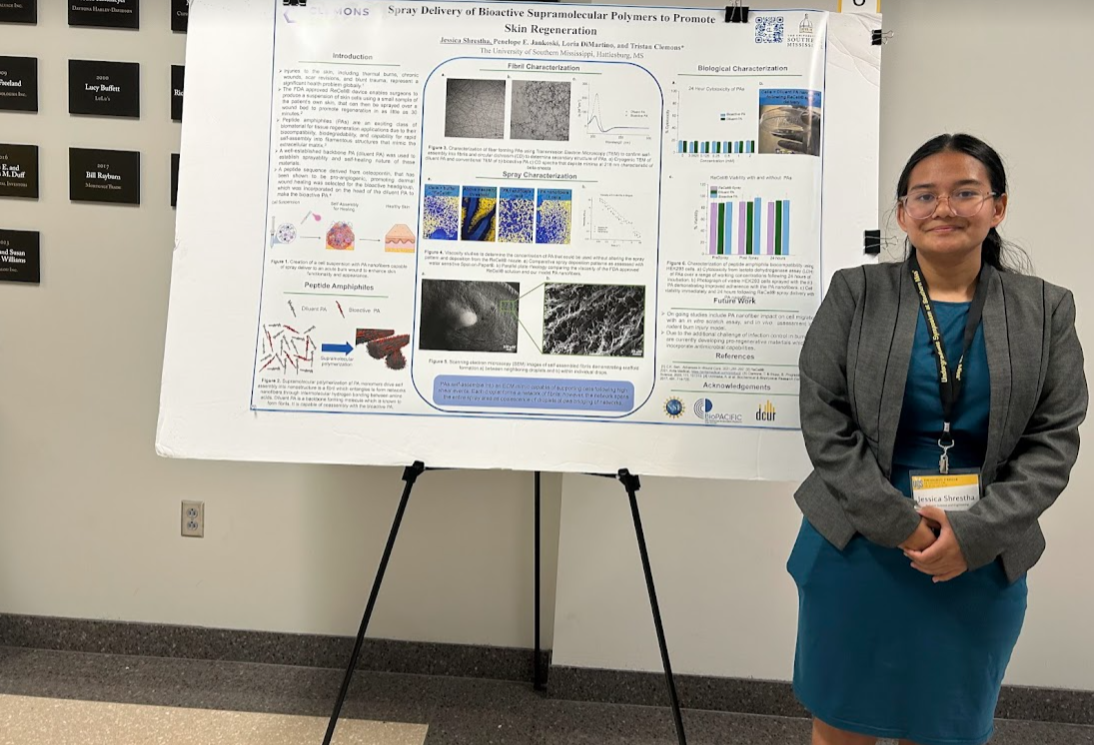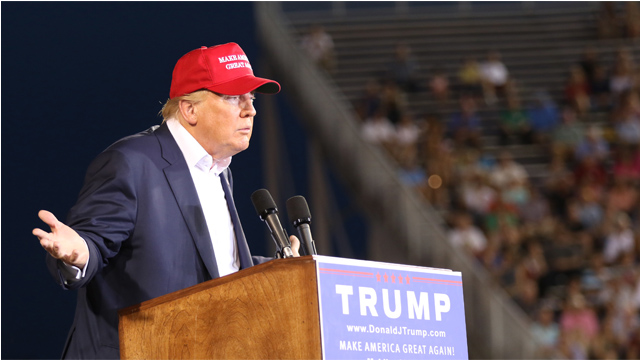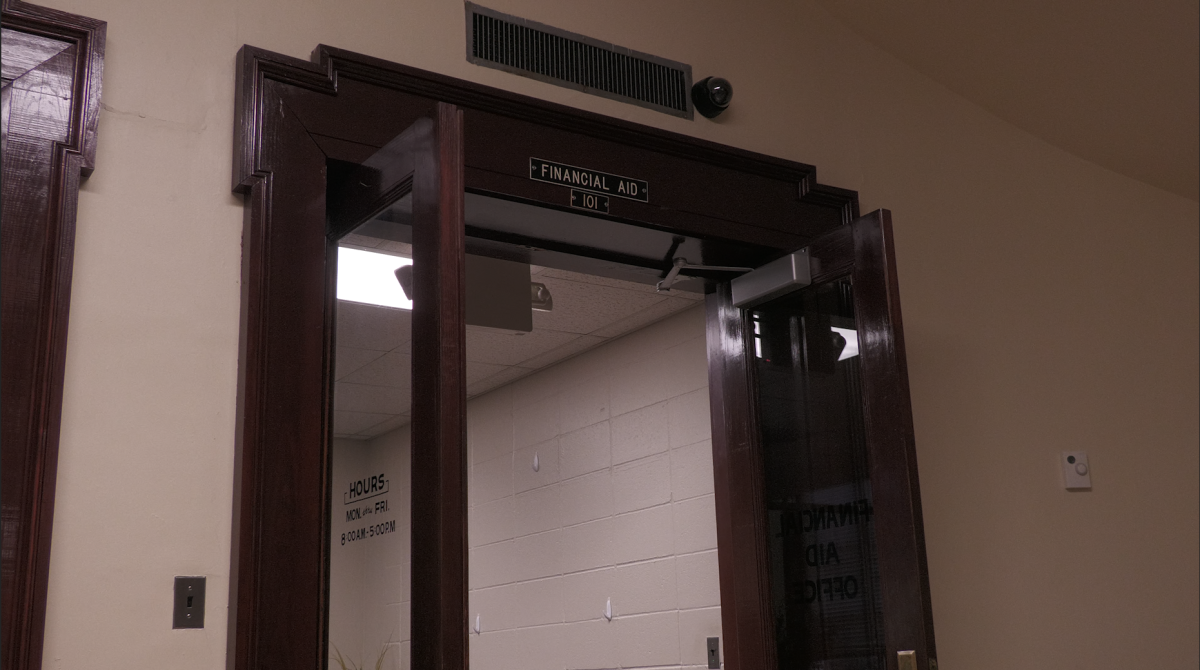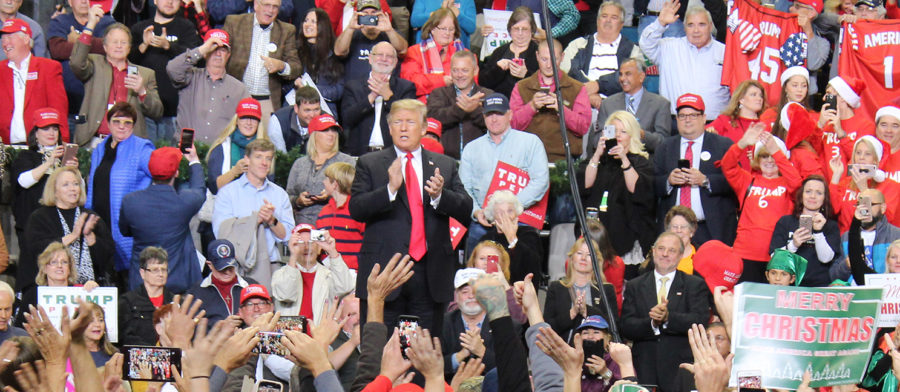Last night, Donald Trump lost in the Wisconsin Republican Presidential Primary to Texas Sen. Ted Cruz by double- digit percentages, drastically increasing the chances of a contested Republican Convention this summer.
To win the nomination at this point The Donald would have to secure well over 50 percent of the remaining delegates, a feat which he has not accomplished thus far in the campaign and which seems singularly unlikely to happen. At a bare minimum, Trump needs to win both Nebraska and Indiana to have a shot at securing the nomination in June – assuming he sweeps New York and California as the pundits predict, although it appears to be quite unlikely due to Trump’s seemingly pathological need to sabotage his own campaign.
Unfortunately for the millionaire, this writer refuses to refer to the Yankee con man as a billionaire until he releases his tax filings and proves that he is actually worth as much as he publicly claims to be worth — both Nebraska and Indiana have more in common demographically with Wisconsin, Utah or Iowa than with any of the states which the New Yorker has triumphed in so far.
Thus, a contested convention is the most likely possibility. If that happens, your humble columnist predicts the Republican Party is almost guaranteed to select Ted Cruz as its standard-bearer. There has been talk that another individual beside Cruz could take on the convention, but that is extremely unlikely for several reasons. First, Cruz will have the most delegates. Multiple outlets have reported that literally more than 100 Trump delegates are poised to vote for the Texan on the second ballot. For those who are not aware, on the first ballot of a nominating convention, delegates are bound to support their states voted for in the primary election. But at a contested convention, delegates are released to vote for other candidates. The fact that so many of Trump’s delegates are poised to abandon him at the convention substantially hurts his odds of winning, for a few obvious reasons.
Second, between Cruz and Trump, the two anti-establishment figures will have enough delegates to effectively write the rules governing just who can stand for the nomination at the convention and on what ballot.
Functionally, this means that the two candidates would likely write convention rules that disallowed any individual to stand for the nomination – at least on the first few ballots – who had not won a plurality of the vote in at least six states, a rule in line with one that Mitt Romney forced through during the 2012 election to block Ron Paul from contesting the 2012 GOP Convention.
Consequently, John Kasich, Paul Ryan, Jeb Bush or Marco Rubio would all effectively be barred from receiving votes, leaving delegates a binary choice between Cruz and Trump.
In that match up, it is difficult to see any outcome other than the Texan winning the nomination.




































